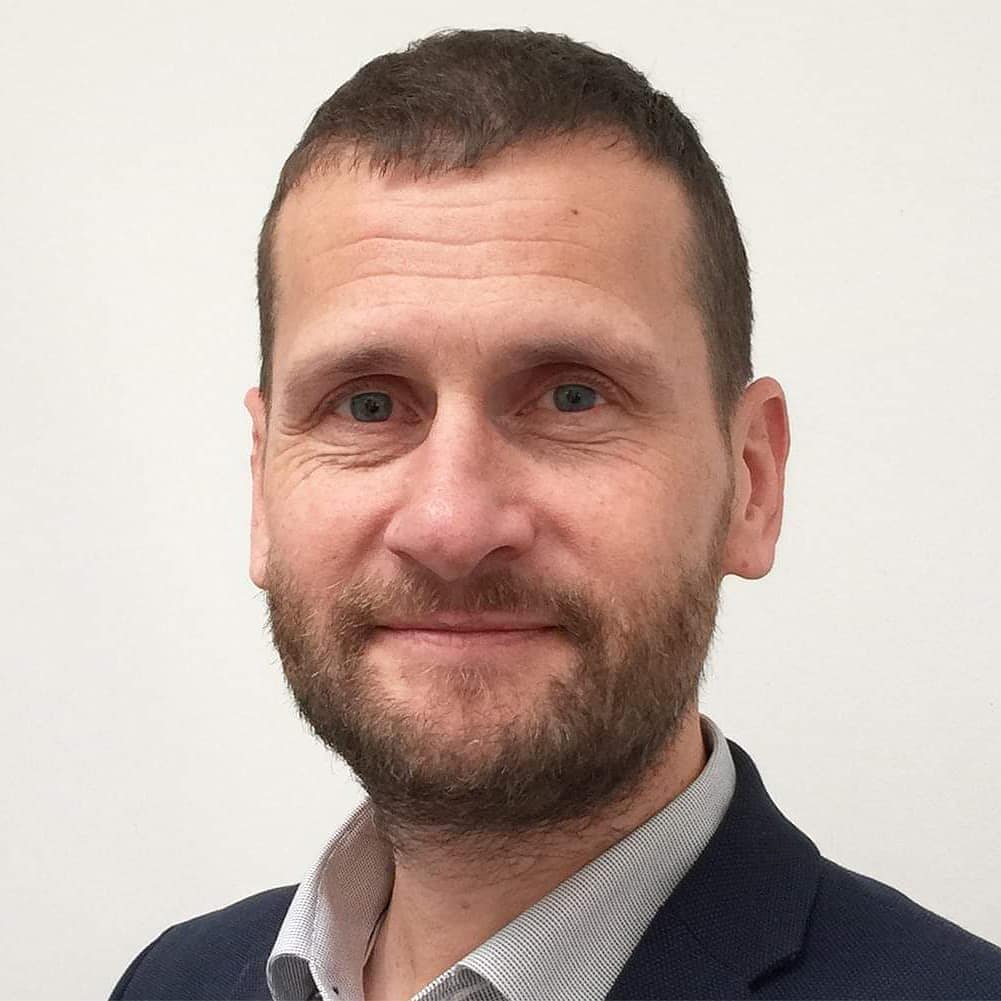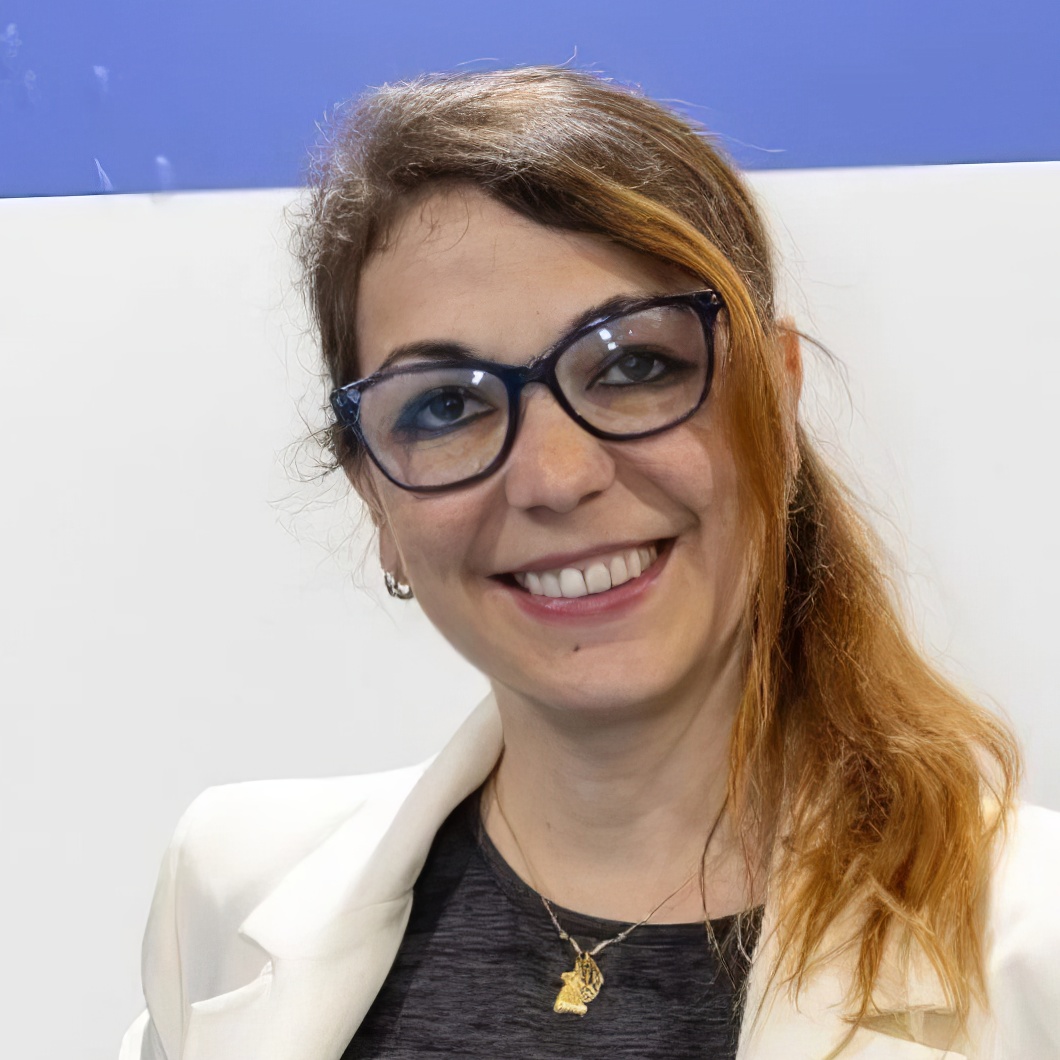
Citizen Involvement
Why citizen and patient involvement matters

Health-related decisions – including those about prevention and health promotion – are often made by professionals, policymakers or finance departments. While their expertise is essential, these decisions may overlook the daily realities of those most affected: citizens and patients. Without their perspectives, investments risk being based on assumptions, leading to solutions that are less effective, less equitable, or less trusted.
At Invest4Health, we see this as a critical gap. Health investments are not just financial models; they shape communities, services and people’s lives. To address this, we created the Citizen–Patient Advisory Group (CPAG) to ensure that citizens and patients are active contributors rather than passive recipients.
The CPAG brings together 11 members from across Europe, selected through an open call and interview process. Acting in a personal capacity, they provide independent input to the project. Their role is to help embed citizen–patient involvement into health financing and investment models, governance and decision-making structures, and innovation in prevention and health promotion.
Members contribute through regular online meetings, by reviewing project materials, and by participating in co-creation activities with researchers, practitioners and local decision-makers. Their lived experience and perspectives help us identify what matters most to citizens and patients, assess whether project outputs are understandable and usable, and highlight potential risks of exclusion or inequity in emerging financing and governance models.

CPAG members






How CPAG contributes to Invest4Health
Since its launch, the Citizen–Patient Advisory Group (CPAG) has become an active part of the project, contributing to several key areas:
Competence Building Programme
Members join the training for new testbeds, helping ensure that citizen perspectives are considered from the very beginning. Their input supports clearer communication of SCI concepts and helps identify potential barriers for communities when new financing approaches are introduced.
Lay Summaries and Plain-language Materials
CPAG helps translate complex concepts—such as Smart Capacitating Investment (SCI), social franchising and co-governance—into accessible language for policymakers, communities and the wider public. The group advises on which outputs should be prioritised for plain-language summaries and reviews testbed “pitches” to ensure they are understandable and relevant.
Co-Governance Platform
Members contribute to the development of the co-governance platform, helping ensure that structures go beyond symbolic consultation and give citizens meaningful influence alongside professionals, payers and investors.
Representation at Conferences
In November, CPAG will represent Invest4Health at the European Public Health Conference, highlighting the importance of meaningful citizen and patient participation in health innovation.
Looking ahead
Citizen engagement is an ongoing process, and our consortium is committed to continuous learning and improvement. The CPAG’s insights and contributions will help make Invest4Health more inclusive, transparent, and impactful. As the project moves forward, citizen voices will continue to guide activities.

How to improve public engagement in health investment decisions - Key recommendations
Recommendations for meaningful citizen–patient involvement
Discussions with CPAG members led not only to project-specific insights but also to broader conclusions about how citizens and patients should be included in health-related decision-making. In health promotion and disease prevention, investment choices often rest with professionals or finance departments, yet the people most affected — the public, including citizens and patients — rarely have a real say. The recommendations below outline how to change this and make involvement meaningful and sustainable.
Clarify goals and communication
Health projects are often complex and difficult to follow. Explaining main goals, key concepts, and how different elements fit together is essential for inclusion. Communication should be simple, clear and accessible not only for experts but also for the wider public.
Turn feedback into action
Collecting feedback is not enough — people need to see how their input is used. When feedback disappears into a “black box”, trust is lost. Clear processes are needed to show how citizen–patient voices shape decisions, and regular updates should explain the impact of their contributions.
Strengthen communication practices
Good communication is central to meaningful involvement. Project goals, activities and results should be presented in formats that citizens, patients and the wider public can easily understand. Technical terms and financial concepts should be explained in plain language, supported by lay summaries, case studies, videos and other accessible materials.
Create enabling structures for involvement
For citizens and patients to participate fully, structures must support their role. Complex procedures or unclear expectations create barriers. Straightforward processes, simplified language and targeted support help remove these obstacles. Compensating citizens and patients for their time and expertise also signals that their contributions are valued.
Build capacity — for citizens, patients and professionals
Citizen–patient involvement works best when both sides are well prepared. Citizens and patients may need training or background information to feel confident in complex areas such as health financing or investment models. Professionals also need guidance on how to listen, respond and integrate citizen–patient perspectives. Structured capacity-building helps balance power and improve collaboration.
Measure the impact of involvement
To move beyond rhetoric, involvement should be monitored and evaluated with clear indicators. For example: How many citizen–patient recommendations were taken up? Did testbed activities or policies change as a result? Transparent reporting builds credibility and demonstrates that involvement has real value.
Ensure long-term involvement
Citizen–patient involvement should not end when a project concludes. Mechanisms are needed to keep citizens and patients engaged in future initiatives, spin-offs and policy processes. Sustained participation builds trust, ensures continuity and keeps lived experience at the centre of health investment decisions.
Avoid token ism
Involvement must be meaningful. If citizens and patients are invited too late, participation becomes symbolic rather than influential. Effective involvement starts early — when ideas are being shaped — and must remain flexible enough to adapt to the fast or slow pace of complex projects.
Moving forward
These recommendations highlight that citizen–patient involvement is essential for better, fairer and more sustainable health investments. By building trust, acting on feedback, and creating long-term structures for participation, decision-makers can make health financing more inclusive, effective and aligned with real community needs.
Terminology - How INVEST4HEALTH is using key concepts?
Why this explanation?
In this field, terms such as citizen, patient, public, involvement and engagement are often used in different ways across countries, sectors and disciplines. The categories also overlap, which can easily lead to confusion.
To support a shared understanding within Invest4Health, we briefly explain how we use these concepts in our work.
The difference between involvement and engagement
These terms are related, but not equal:
- Public involvement means working with people as partners. They help shape decisions, priorities or the design of work. It involves shared influence and responsibility.
- Public engagement focuses on communication with people. It aims to inform, explain and raise awareness, and can include asking and answering questions, encouraging discussion and dialogue, and sharing information through activities such as staffing information stands at events, giving presentations at meetings, or contributing to press and communication materials.
While engagement can be interactive and high quality, it does not usually give the public a formal role in shaping decisions.
In practice, effective citizen–patient involvement is often supported by strong engagement activities.
In short: involvement is deeper and more influential than engagement.
Citizens, patients and the public
Terms such as citizen, patient and public are often used inconsistently in this area. Different countries, sectors and initiatives apply them in different ways, and the categories overlap. Some European digital health services, for example, intentionally use “citizen” to emphasise autonomy, rights and person-centred care (such as Precare in Denmark), while “the public” is increasingly used as a broad umbrella term that includes anyone living in a given country.
Citizen–patient involvement
This refers to the active participation of citizens and patients in shaping health-related decisions, priorities and project outputs. It goes beyond consultation and gives people real influence.
We use “citizens and patients” to highlight both everyday experience and lived experience with illness, while recognising that these groups are not separate.
Public Involvement (PI) – and why Invest4Health uses “citizen involvement”
Internationally, Public Involvement (PI) is becoming the standard term, because:
- all patients are also members of the public, and
- all members of the public are, at some point in their lives, patients.
PI is therefore a broad, inclusive concept that avoids artificial distinctions.
However, within Invest4Health we continue to use “citizen involvement / citizen–patient involvement”, as this terminology was defined in the original project proposal and is used consistently across all work packages. We apply the logic of PI, while maintaining the project’s chosen terminology for clarity and coherence.
Supporting Resources
As part of Invest4Health, we have developed a Citizen Patient Advisory Group Terms of Reference. This document sets out the purpose, responsibilities, and ways of working of CPAG and serves as a guide for meaningful citizen and patient involvement in health-related decisions.


